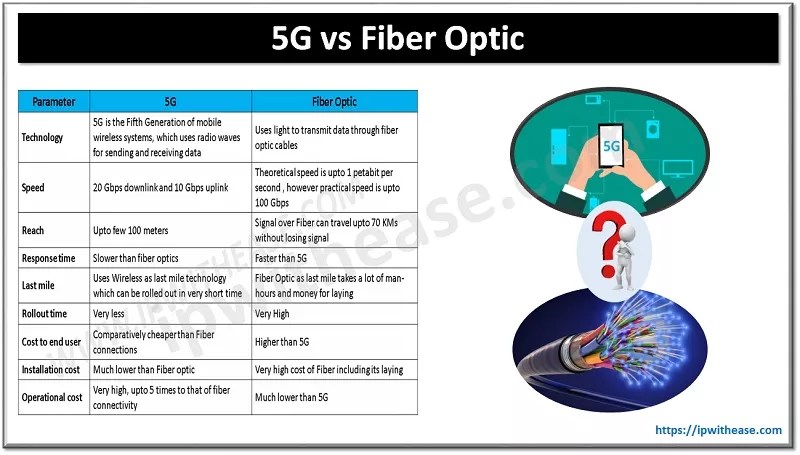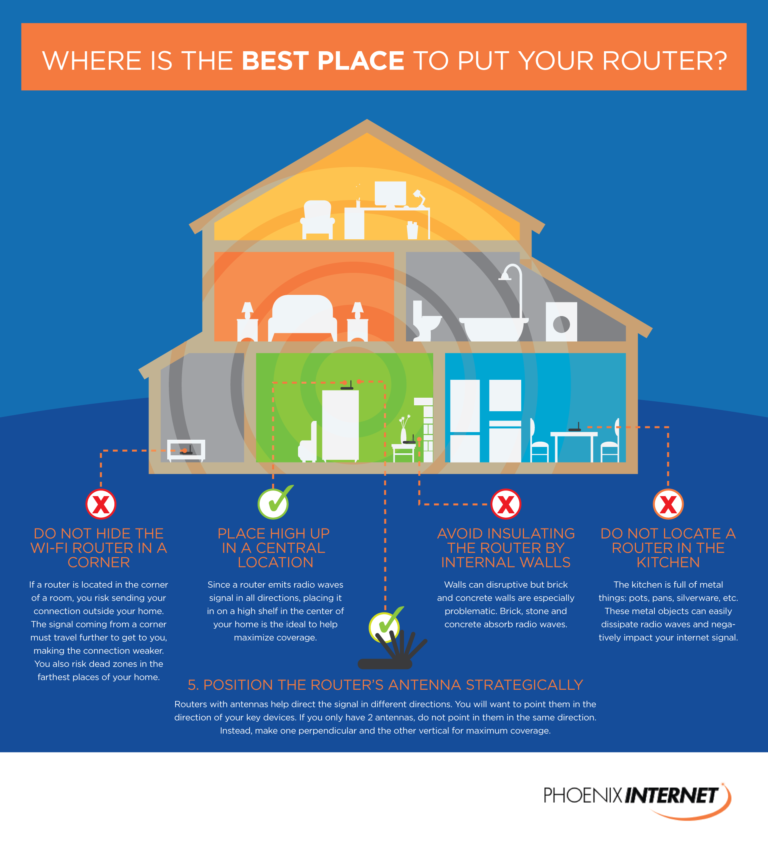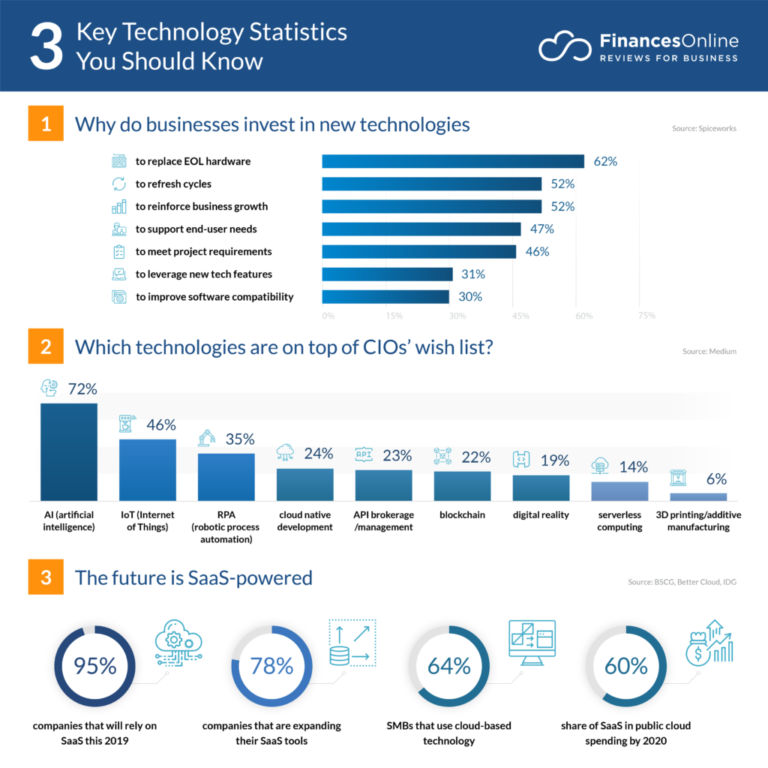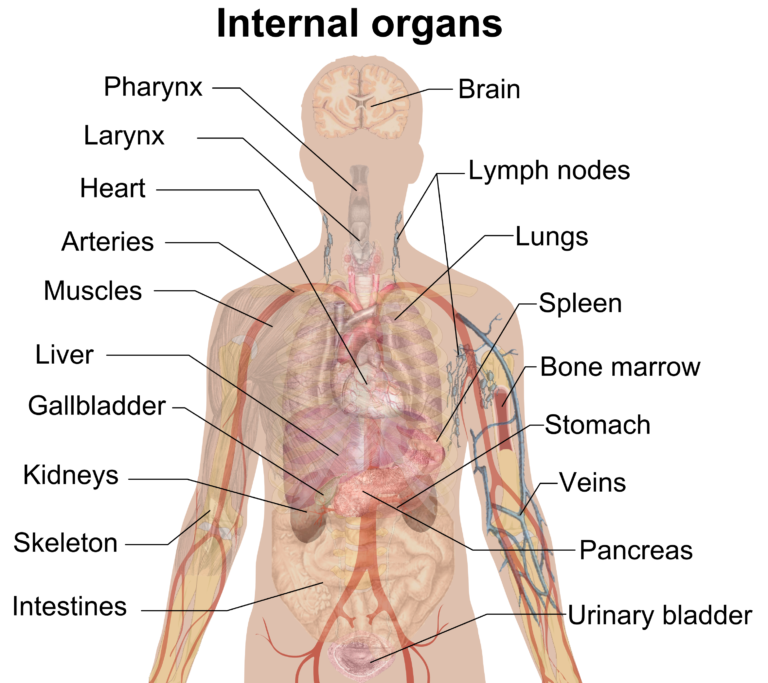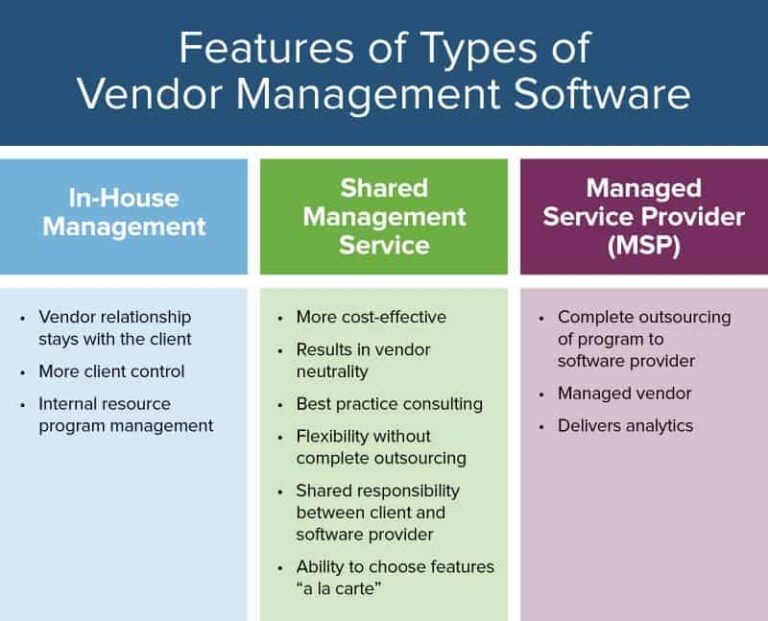Is Fibre Better Than 5G?
Fibre and 5G are two of the most popular forms of internet connection available today. Both technologies offer users fast speeds and low latency, but which one is better? This article will compare the two technologies and discuss which one is better for different scenarios. We’ll look at which one is more reliable, which offers better speeds, and which is more cost-effective. We’ll also discuss the pros and cons of each technology and how they can benefit different types of users. By the end of this article, you should have a better understanding of whether fibre or 5G is the better choice for your specific needs.
Section 1: What is Fibre?
Fibre, also known as fibre-optic technology, is a type of internet connection that transmits information through glass or plastic cables. It’s one of the fastest and most reliable internet connections available and is typically used by businesses who need access to large amounts of data. Fibre offers speeds of up to 1 Gigabit per second (Gbps), which is much faster than a traditional 5G connection. Fibre connections also offer greater reliability and improved latency, meaning less lag when playing online games or streaming videos. Fibre also offers symmetrical upload and download speeds, making it ideal for businesses who need to transfer large amounts of data quickly. Additionally, fibre connections are more secure than 5G and are less likely to be affected by weather or interference.
Section 2: What is 5G?
5G is the fifth generation of wireless technology that is set to revolutionize the way we communicate. It’s an incredibly fast mobile network that can reach speeds up to 10 gigabits per second, with a latency of just 1 millisecond. 5G will enable faster downloads, better streaming, and improved wireless connections. It is also set to provide improved network reliability and better coverage in more areas. 5G technology promises to revolutionize the way we interact with the world, from increased automation to improved healthcare. It will also open up new possibilities for businesses, allowing them to take advantage of the speed and scalability of the network. 5G is already being deployed in some parts of the world, with many more areas expected to follow suit soon.
Section 3: Advantages of Fibre
The debate between fibre and 5G has been ongoing in the tech world for years, and it’s not without reason. Both technologies have their own advantages and disadvantages, but when it comes to the overall speed, reliability, and cost, fibre has a definite edge over 5G. Fibre offers a wide range of advantages, starting with its vast coverage and speeds that can reach up to 10Gbps. It is also incredibly reliable, with very low latency, making it ideal for businesses that need consistent, high-speed connections. It’s also incredibly secure, making it difficult for hackers to access data travelling over the network. In addition, fibre-optic cables are much more affordable than 5G technology, making it a more cost-effective solution for many businesses. All of these advantages of fibre make it an attractive option for businesses looking for a reliable, high-speed network connection.

Section 4: Advantages of 5G
5G technology is the latest and most advanced wireless data transfer technology available. It offers a range of advantages compared to its predecessor, fibre optic broadband, such as faster download and upload speeds, lower latency, improved network coverage and capacity, and the ability to connect to more devices simultaneously. 5G also offers enhanced security, greater reliability, and improved support for virtual reality (VR). 5G technology is expected to revolutionize the way we communicate, work, and entertain ourselves. It is also expected to spur the development of new applications and services, such as self-driving cars, smart cities, and the Internet of Things (IoT). 5G is also expected to bring a new level of efficiency to business operations. All of these advantages make 5G a potentially powerful solution for businesses looking to get the most out of their networks.
Section 5: Disadvantages of Fibre
The advantages of fibre may be clear, but there are some drawbacks to consider. Fibre optic networks are much more expensive to install and maintain than 5G networks. Fibre networks require a significant amount of time and effort to build, and they are difficult to modify in the future. In addition, fibre networks require more power than 5G, making them less energy efficient. Moreover, fibre networks are limited in terms of their range and speed, whereas 5G is more powerful and reliable. As a result, 5G has become a popular choice for businesses looking for more speed and reliability than fibre can provide. Finally, fibre networks are more vulnerable to security threats than 5G networks, making it important for businesses to take the necessary steps to secure their networks.
Section 6: Disadvantages of 5G
5G technology may be the future of the internet, but it does come with some drawbacks. For one, it is more expensive than fibre. The cost of 5G hardware and service is significantly higher than the cost of fibre. Additionally, 5G may not be as reliable as fibre. While fibre is well-known for its reliable connection, 5G is still in its early stages and is prone to service interruptions. Lastly, 5G networks are still in the process of being built, and depending on where you live, it may not be available in your area. Therefore, it is important to evaluate the availability of 5G in your area before making the switch. Ultimately, fibre is still the more reliable and cost-effective option when compared to 5G.
FAQs About the Is Fibre Better Than 5G?
Q1: What is the difference between fibre and 5G?
A1: Fibre is a type of connection that uses fibre optic cables to transfer data, while 5G is a wireless mobile network technology that provides faster download speeds and more reliable connections than its predecessors.
Q2: Is fibre faster than 5G?
A2: Fibre connections tend to be much faster than 5G, with some fibre connections offering download speeds of up to 1Gbps compared to 5G’s maximum download speed of around 100Mbps.
Q3: Does fibre offer better coverage than 5G?
A3: Yes, fibre connections tend to offer wider coverage than 5G. Fibre can be installed in most areas, while 5G is still limited to certain areas.
Conclusion
In conclusion, it is difficult to definitively answer the question of whether fibre is better than 5G as it depends on the individual’s needs and preferences. Fibre offers faster speeds and greater stability, but 5G is more widely available and can provide an adequate connection for many people. Ultimately, the best choice for a person depends on their budget and their specific requirements.
